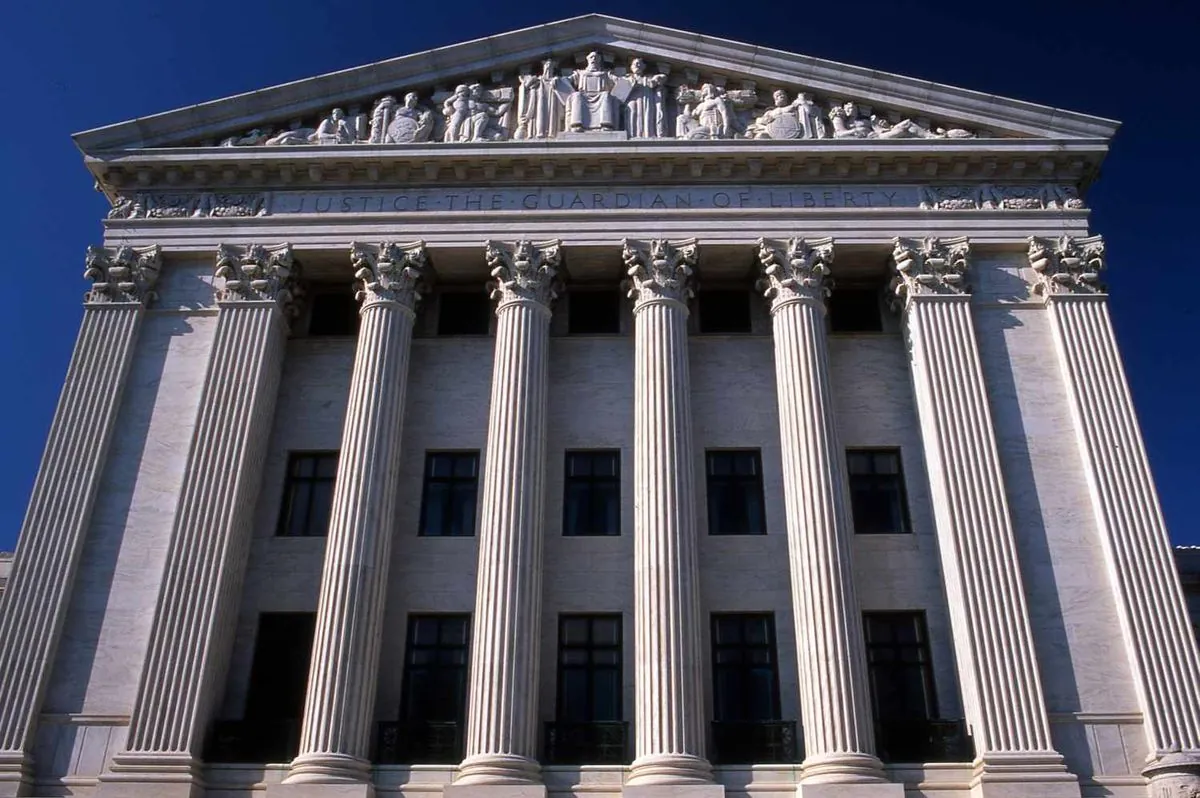Supreme Court weighs landmark Tennessee gender care case: What's at stake?
Tennesseeʼs ban on certain medical treatments for young people reaches highest court. Supreme Courts conservative majority hints at supporting state restrictions while challengers point to constitutional issues

Last winter‚ the US Supreme Court took on a case thats shaking-up healthcare laws across America. Chief Justice John Roberts and fellow justices are looking at Tennesseeʼs rules about medical care for young people
The state made a law (back in 23) that stops doctors from giving some treatments to folks under 18. Matthew Rice‚ speaking for Tennessee says its about keeping kids safe; while Elizabeth Prelogar from Bidenʼs team thinks its not fair and breaks basic rights
Its obviously an evolving debate while pointing to how some European countries are changing their mind about these treatments
The court room saw a first-time moment when Chase Strangio became the first open trans person to speak there. The discussion got real deep about whats fair and whats not:
- Medical choices for families
- States rights to make health rules
- Equal protection under law
- How other countries handle similar rules
Justice Elena Kagan wasnt buying Tennesseeʼs reasons and said it looks like they just dont want people changing who they are. Meanwhile Justice Ketanji Brown Jackson brought up how these arguments remind her of old-time unfair laws
The nine justices will think about this until summer-time. Their choice could change rules in lots of states (24 of them have similar laws now). Its making everyone wonder how the court – with its 6-to-3 split – will handle this big-time decision
Right now Tennesseeʼs doctors cant give certain medicines to young folks even if parents say ok. Justice Sonia Sotomayor pointed out some real-tough facts about kids who dont get help they need‚ but conservative justices seem to think states should decide these things on their own





























